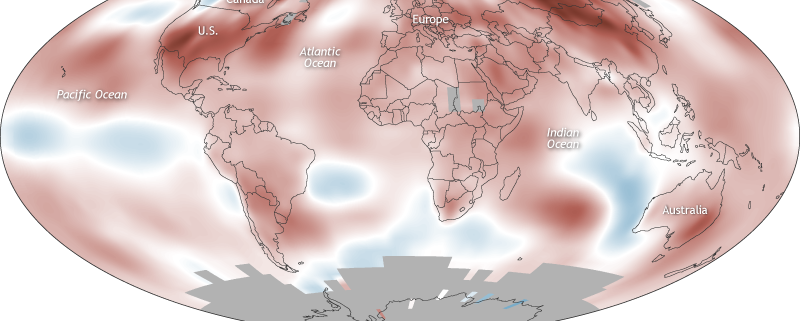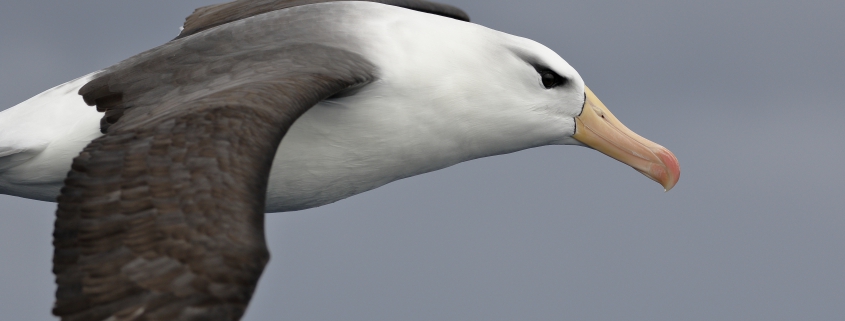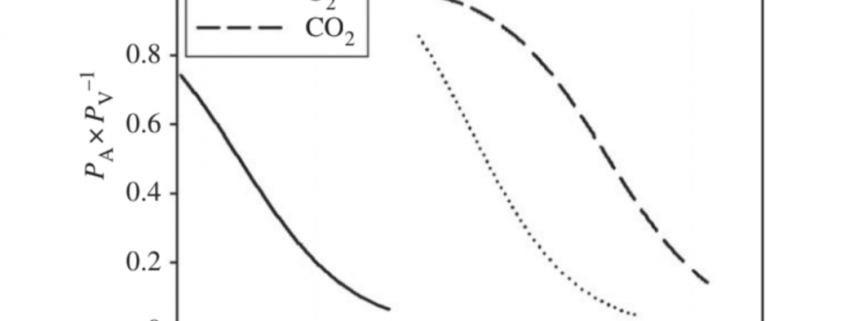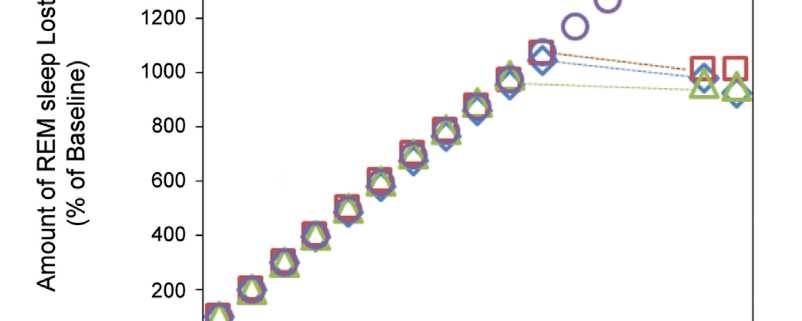Mapping nearly a century and a half of global marine fishing: 1869-2015
By Peter Aronson, SRC intern Industrial fisheries are necessary for food security and public health worldwide. They are expected to become even more important as the human population grows and the climate changes. The global industrial fishing fleet has expanded to cover most of the world’s oceans, however there aren’t modern global overviews of the […]
2018 SRC Accomplishments
UM SRC had a productive 2018. Here are some of the highlights we are proud to share with you. We published seven research papers in scientific journals. These papers ranged in scientific topics from studying the effects of shark removals on fish communities to evaluating the effects of climate variability on great white shark hunting. […]
“Climate-driven range shifts of the king penguin in a fragmented ecosystem”: a summary of the effects of anthropogenic climate change on habitat fragmentation through genomic analysis in the king penguin community
By Julia Saltzman, SRC intern Climate change is a hot topic today, not only in the world of science, but also in the world of politics and policy (Figure 1). Despite this fact, it has not been until recently that scientists have started to study the impacts of climate change on specific species. Because anthropogenic […]
Using Fish DNA in Threatened Albatross Diets as a Marine Conservation and Management Tool
By Elana Rusnak, SRC Master’s Student There is an unavoidable interaction between seabirds and the fishing industry, which impacts them through feeding supplementation, resource competition, and incidental mortalities (McInnes et al., 2017). However, resolving these problems is often difficult and requires many resources. Sea-faring birds are attracted to the fish scraps that are discarded from […]
How do cetaceans and other marine vertebrates avoid decompression sickness? A new explanation for beating the bends.
By Nick Martinez, SRC intern The challenge of decompression sickness (DCS) and Nitrogen Narcosis, have always proved a threat to the deep diving vertebrates of the marine world. For years, scientists have debated over how cetaceans and other marine vertebrates are able to avoid DCS. In a recent paper from Daniel Parraga and colleagues, Pulmonary […]
Fur Seals Suppress REM Sleep for Very Long Periods without a Subsequent Rebound
By Meagan Ando, SRC intern There are two sleep states that all mammals and birds utilize: slow-wave sleep (SWS) and rapid eye movement (REM). REM sleep is vital to the psychological and physical well-being of living organisms. Extended periods of deprivation can cause severe dysfunction and can even lead to death (Kushida, C. A. et. […]






